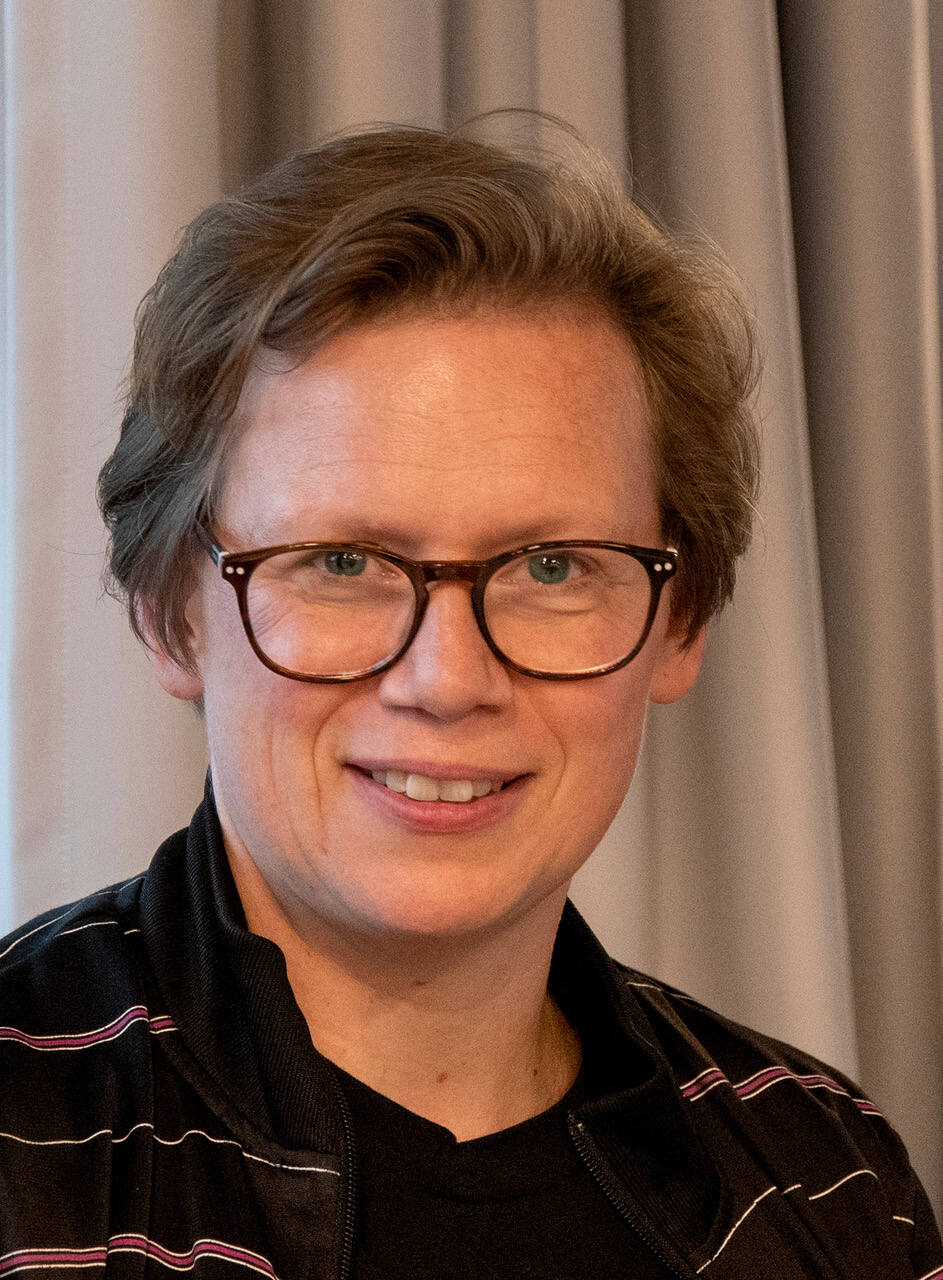Übergordnete Werke und Veranstaltungen
#Digital Bodies and Senses
Sensing and Hacking the (Soft) Self
Personen
Media
With the help of digital technologies such as sensor technology and machine learning, new applications for computing and modelling, stimulating and controlling sensory perceptions are constantly emerging. The sensory subject and its increasingly "sensory aware" technological environment are becoming blurred. However, the idea of such a "sensory coupling" of humans and technology is not new, but goes back over 150 years.
Gustav Fechner, a trained physician who would become a major force in the emerging sciences of psychology and physiology in the 1840s, is one of first scientists to propose an idea far ahead of its time; one with radical implications for how we view sensing and perception in relation to man-made machines. Fechner's scientific theory, called psychophysics, a “theory of the relationship between body and mind,” aimed to establish a measurable connection between two spheres that had long remained separate: the material, physical and the mental, psychological universe. Today psychophysics is very much alive in the most unimaginable places: in corporate research laboratories developing the latest wireless speaker system or VR headset or in startups producing sensorcontrolled wearables.
In his keynote, Chris Salter – author of the upcoming book ‘Sensing Machines: How Sensors Shape our Everyday Life’ will demonstrate that sensory perception cannot only be quantified using mathematics, but such a theory can also be turned into a design strategy to create an inseparable link between sensation, action and perception for our new extended realities. Karin Harrasser (author of ‘Körper 2.0. Über die technische Erweiterbarkeit des Menschen’) will react to his thoughts in a comprehensive response.














